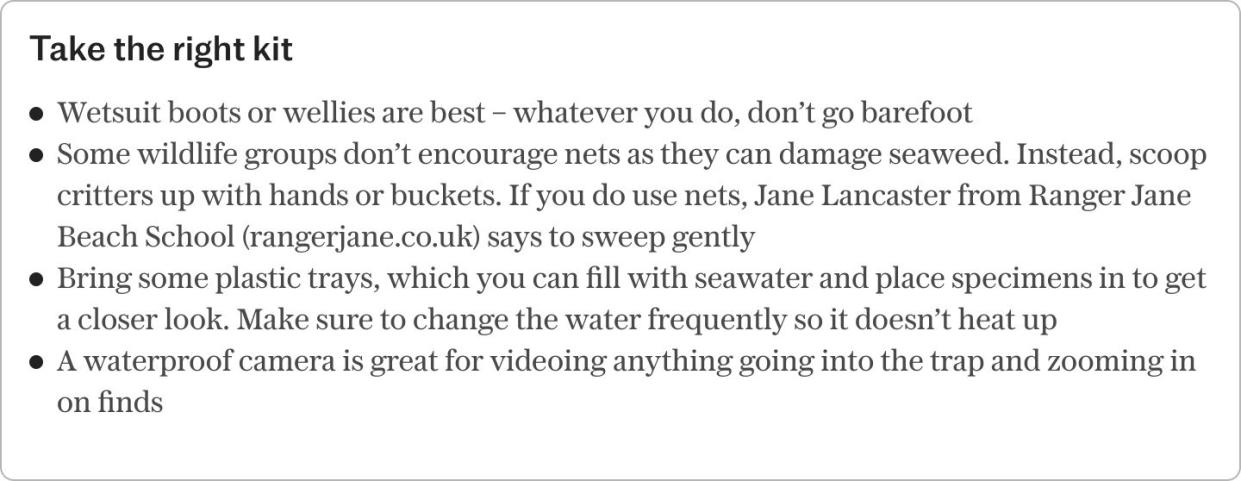Where to find the best rock pools in Britain
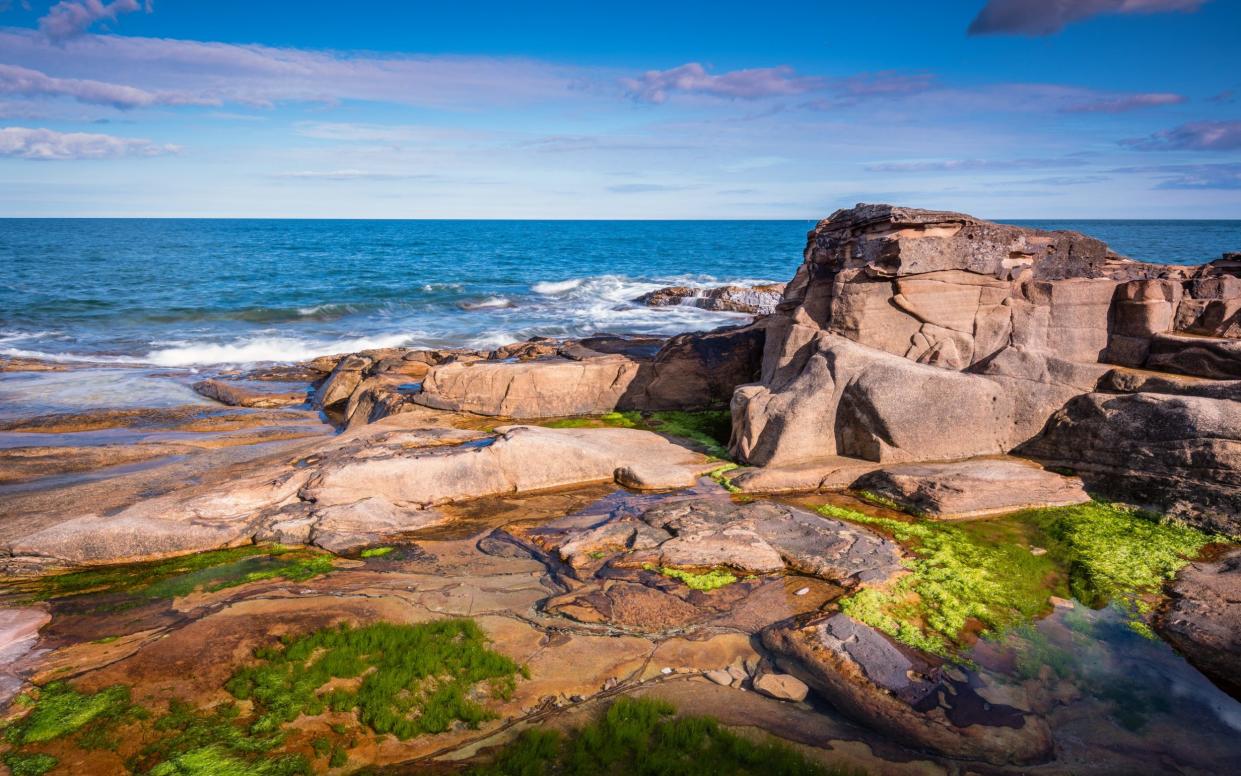
By all accounts, we’ve some more glorious sunshine approaching – but it doesn’t really matter what the weather is up to: head to a British beach at low tide and you’ll likely see people hopping about with a net, peering into puddles. Still enough to mirror the sky and yet curiously alive, our rock pools are like mini aquariums, offering a glimpse into an aquatic world that we can’t normally visit – and rummaging through them is a time-honoured British tradition.
“Since Victorian times we have been obsessed with rock pooling,” explained Matt Slater from the Cornwall Wildlife Trust (cornwallwildlifetrust.org.uk). “The Victorians were collectors who plundered pools and brought back things to observe and treasure. That fascination continues today.”
It’s a wonderful way to spend a few hours – or a whole day – and educational, too. Whether you’ve already got a trip planned to the British seaside this summer, or find yourself spontaneously hot-footing it to the nearest coast on a sunny Saturday, here is how to make the most of our remarkable rock pools.
Need to know
Where can you go rock pooling?
Don’t limit yourself to sandy, touristy beaches. “Some of the best places for rock pooling are the more sheltered parts of the coastline,” says Matt. “There is less variety of life on exposed, surf beaches. Head to flat, rocky, promontories where there are pools or areas with boulders that you can lift to find creatures underneath. Estuaries are fascinating too, but be careful of muddy areas.”
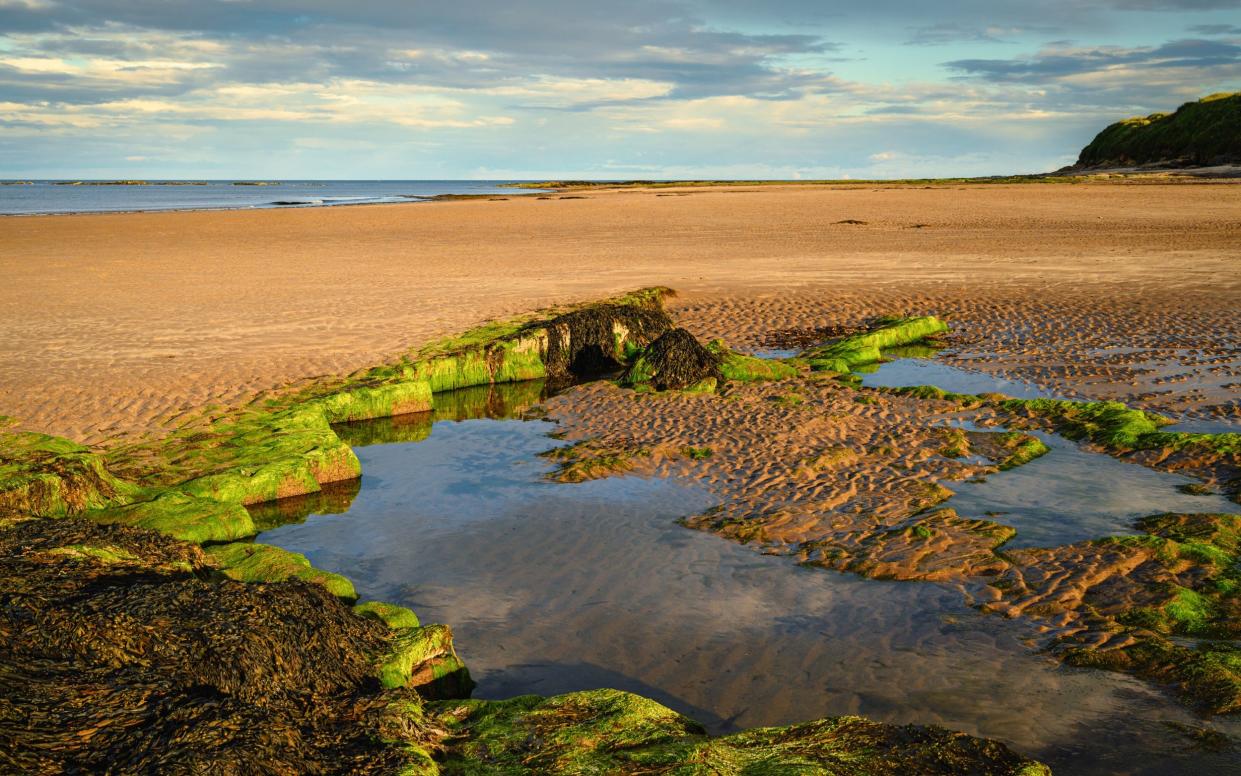
When can you go rock pooling?
Our shores are rich in life all year round, but rock pooling is particularly good during large spring and autumn tides. Between March to April and September to October, you can access parts of the shore that would normally be underwater. Spring is particularly good, when seaweed shows new growth and amazing colours. That said, nothing beats a day of splashing in the shallows and investigating pools under glorious summer sunshine.
Who is rock pooling suitable for?
Some beaches are more accessible than others, so investigate parking options, level routes and walking distances before setting off. On the whole, rock pooling is great for families, but bear in mind that, as Matt says, “a lot of the animals are quite tough – but if you’re careful, many of them can be put in a bucket, looked at and put back safely”.
What time is best for rock pooling?
Always check tide times beforehand to make sure you have safe access to the shore. Matt times his visits ahead of low water, so the tide is going out while he is rock pooling and there is no rush to get back in before the tide returns.
How to stay safe
Rocks can be very slippery, covered in thin layers of algae. Hold hands and take small, slow steps, trying to avoid the slickest sections of seaweed and sticking to areas where there are barnacles and mussels. Remember that crabs can pinch and that weever fish can sting, but the latter are usually buried in sand.
What not to do
Don’t poke the creatures (and make sure little ones understand this, too). Don’t scrape things off rocks and return upturned rocks and seaweed. “Otherwise you’re like a giant picking up a house and putting it back upside down,” explains Matt. When picking up crabs, put your thumb and finger either side of its shell, just below the base of the pincer legs, then lift. Also don’t put crabs together in buckets, as they might fight, while sea anemones have stings that can harm fish.
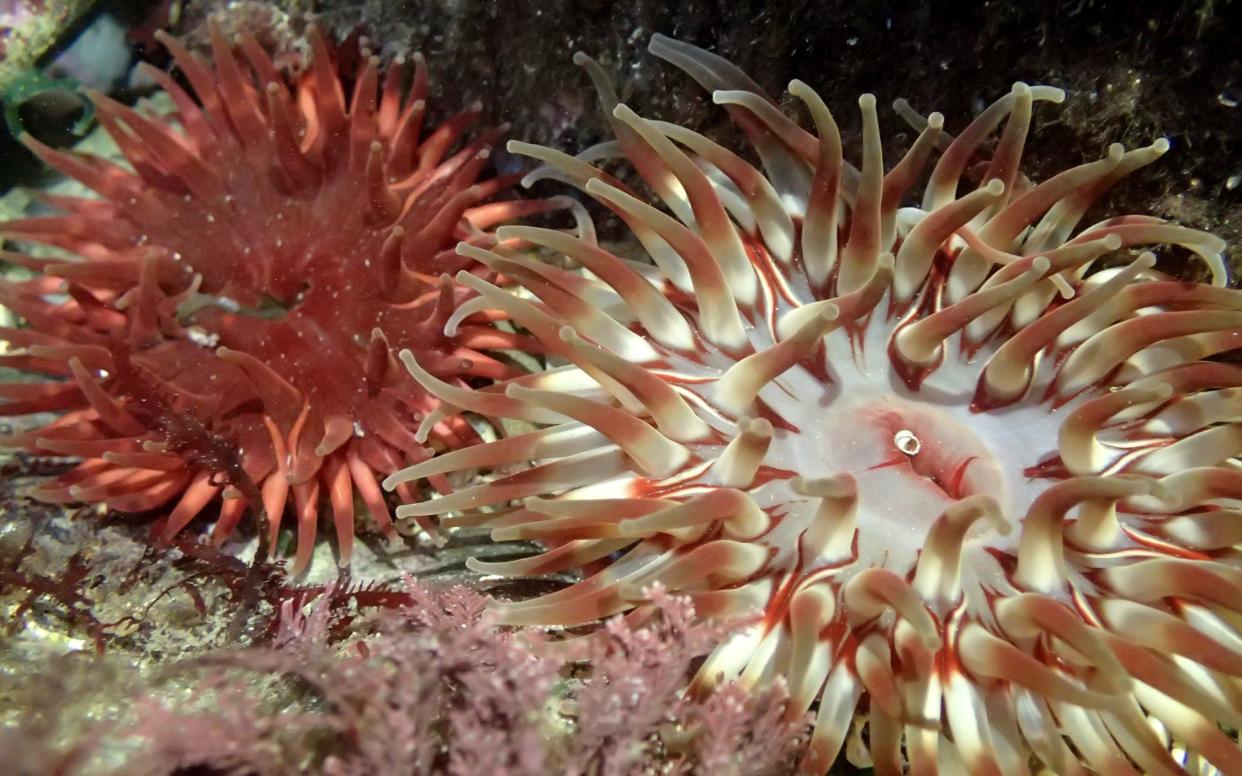
What you might find
Limpets; several species of hermit crab; common starfish (which enjoy mussel beds – don’t pick them up as they may shed a leg); shannies (slimy fish with big heads that survive outside water at low tide); and mussel-sucking dog whelks.
Any rare species?
As the sea warms, less common species are being found. For example, St Piran’s hermit crabs, which have white spotty eyes on red stalks, have returned to the South West. Montagu’s crab now abound in Cornwall and are spreading up the coast. They have chunky claws that they wave when annoyed.
What to do with what you’ve learnt
Upload your pictures to an online group that records wildlife sightings, such as the Cornwall Wildlife Trust’s ORKS app (erccis.org.uk). “It’s really useful for long-term monitoring,” says Matt. Alternatively, volunteer on a shoresearch survey with Wildlife Trusts (wildlifetrusts.org), to study pollution, climate change and invasive alien species.
Where to do it
Seahouses, Northumberland
Backed by dunes, this long, golden beach has parking and views across to the Farne Island Lighthouse. On a seashore safari experience with Crabtree & Crabtree (crabtreeandcrabtree.com), Jane from the Ranger Jane Beach School showed me a long spined scorpion fish, shanny, hermit crabs, shore crabs and the ruby jewel of a beadlet anemone. Jane also regularly spots butterfish, common starfish, sea stickleback, sea hares (actually snails) and sea lemons (yellow slugs).

Stay: Gardener’s Cottage (01573 226711; crabtreeandcrabtree.com) on Twizell Estate, sleeps up to six, from £654 for three nights.
Minehead, Somerset
Mandy Wallington from the Somerset Wildlife Trust (somersetwildlife.org) says Minehead is particularly good for rock pooling as it is part pebbles and part sand. The best pools are near the harbour and accessible for very young children. “Typical finds include shore crabs, topshells, periwinkles, whelks and chitons (molluscs with woodlouse-type shells),” she says. For a chance to see baked bean sea squirts, head further west to Gore Point.
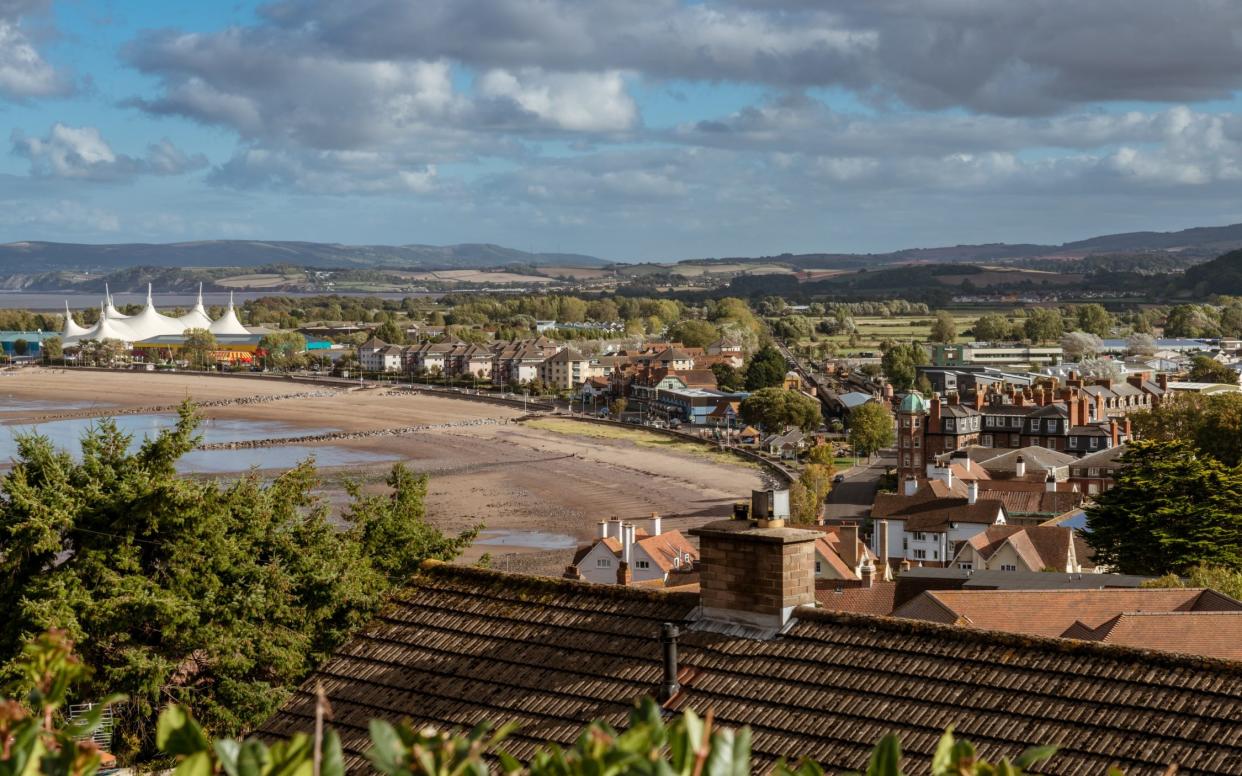
Stay: Foxes Hotel (01643 704450; foxeshotel.co.uk) has double rooms from £90 per night, including breakfast.
Trevaunance Cove, St Agnes, Cornwall
This sandy beach is hemmed in by cliffs, with sea caves and pools to explore amid rocky outcrops. Search overhangs and gullies for breadcrumb sponges (hello SpongeBob) and star sea squirts. Fish include the Cornish sucker fish (with mouths like duck bills), shannies and barbed-faced rocklings. Pull up a stool for shrimp tacos at Schooners (01872 553149) cafe afterwards, which looks onto the waves.
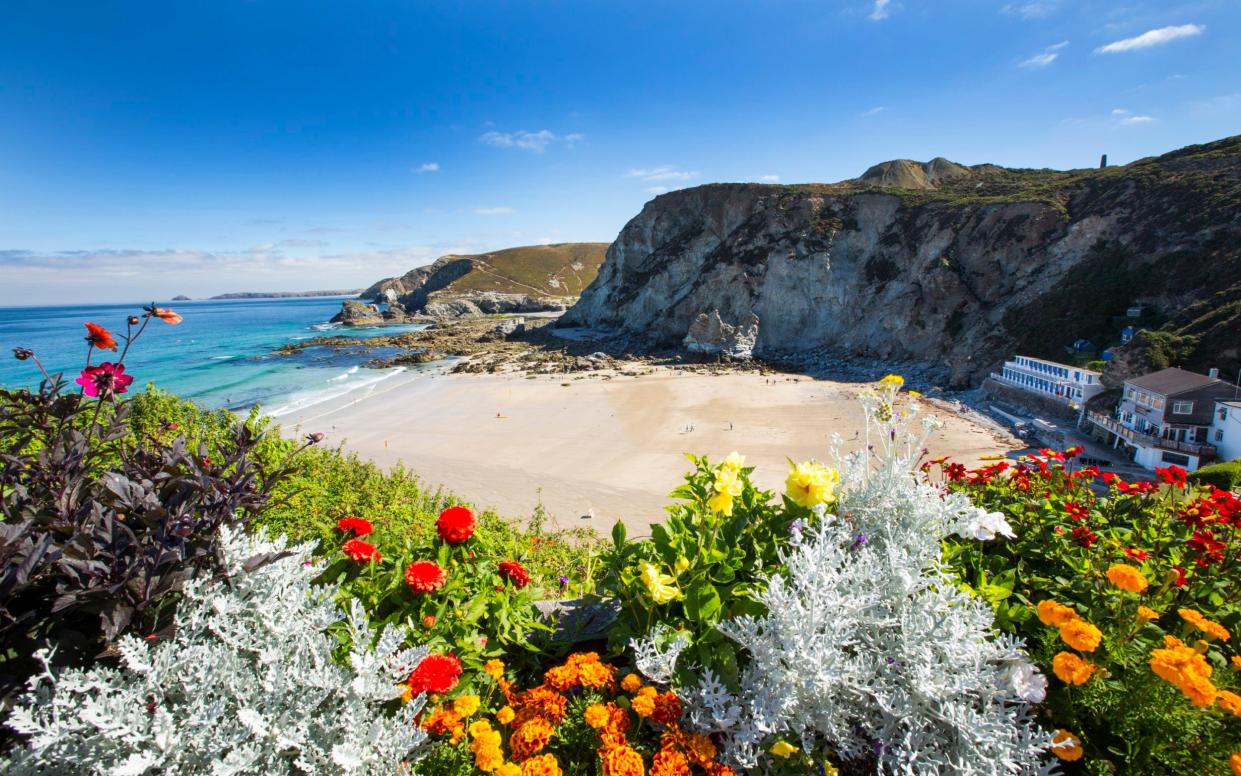
Stay: Beacon Country House Hotel (01872 552318; beaconhotel.co.uk) has double rooms from £125 per night, including breakfast.
South Landing, Flamborough, Yorkshire
Beneath cliffs, the rockpools in the nature reserve at South Landing are reached after descending 75 steep steps to a chalk pebble beach. At low tide, you can see the line of what was probably a medieval harbour, as well as kelp forest. Spot dog whelks, periwinkles, starfish, crabs and piddock holes in the soft pebbles. The Living Seas Centre (ywt.org.uk) organises group safaris.
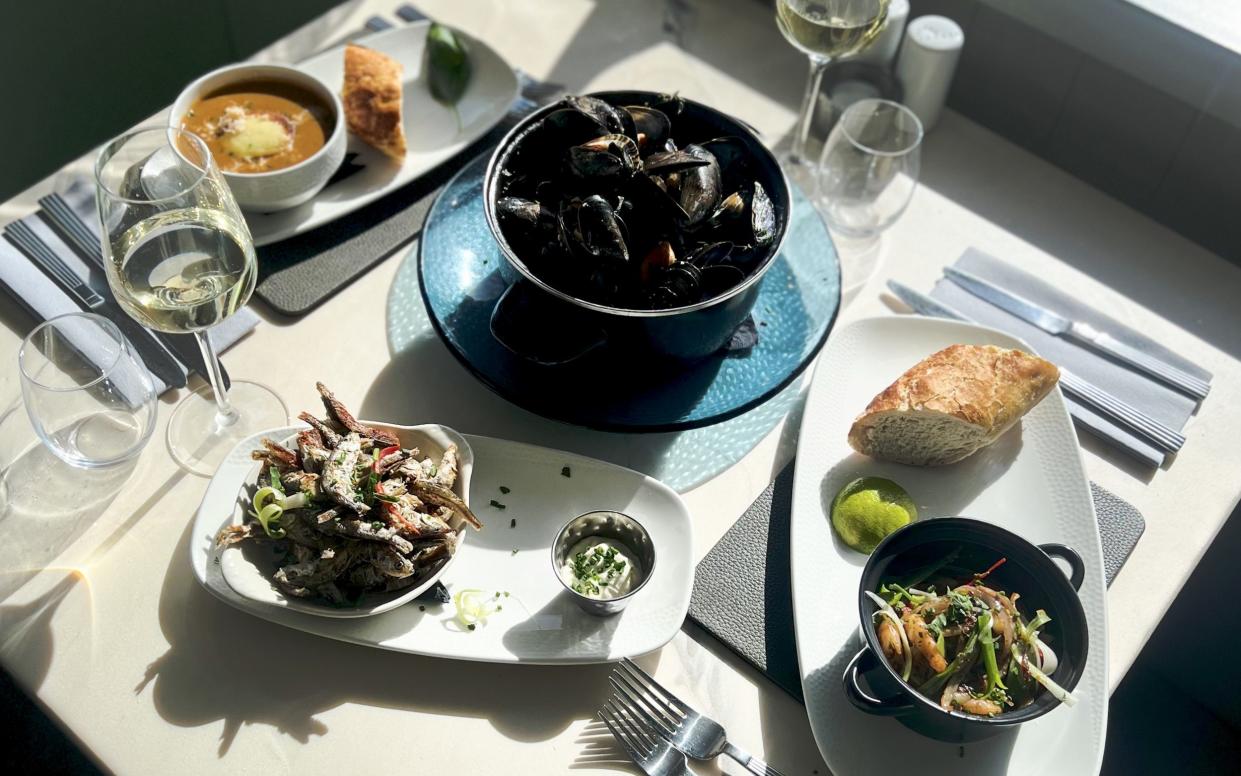
Stay: Salt on the Harbour (01262 606040; harrisonleisure.com) has double rooms from £135 per night, including breakfast.
Wembury Beach, Devon
With the sea washing huge, wave-cut platforms, Wembury has lots of excellent rockpools. Look out for cute little cushion starfish, bigger spiny starfish, red-eyed velvet swimming crabs, limpets, anemones and pipefish (a relation of the seahorse). Wembury Marine Centre (wemburymarinecentre.org) runs rockpool rambles or strap on a mask and try a snorkel safari.
Stay: Rose and Crown, Yealmpton (01752 880223) has double rooms from £105 per night, including breakfast.
